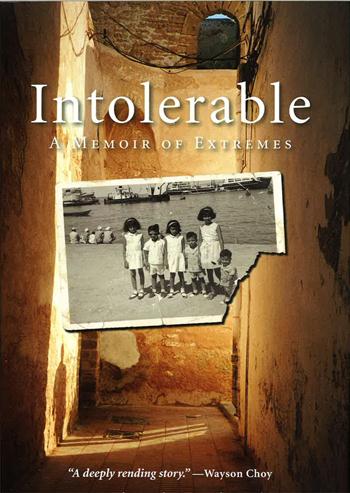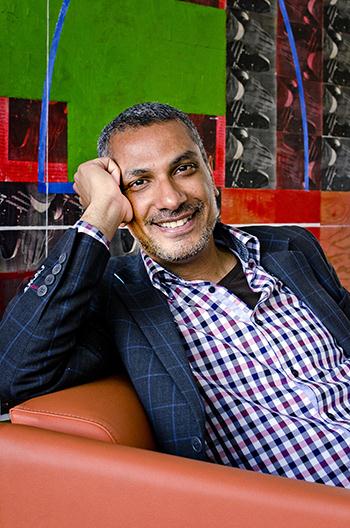
Credit: Matt Mills
At 17, while living in Cairo, Kamal Al-Solaylee resolved to teach himself English as a kind of passport to the West.
“The potential of being arrested or going to prison for practising homosexuality was not good enough for me,” he says. “I knew that I could do better.”
But the political and economic chaos that beset Egypt in the early 1980s led the Al-Solaylee family to flee to their home country, Yemen. It is a place from which they escaped years before with barely more than the clothes on their backs and where building the free and open gay life Al-Solaylee wanted for himself seemed even more unlikely.
Still, he managed in time to arrange a student visa to the UK, eventually earning an advanced degree in literature, before winding up in 1996 in Toronto. He earned his first reporter’s credit as a contributor to Toronto’s gay press.
“I started my career as a journalist as a copy editor for the Church-Wellesley Review in 1996,” he says. “My first byline in Xtra was a story about women and style in January ’97. I still remember; I got paid $50 for it.”
He went on to build an impressive career. He landed a job at Report on Business magazine before becoming a respected theatre critic at The Globe and Mail. He has more recently dedicated himself full-time to teaching as a journalism professor at Ryerson University. It has so far been a grand, courageous and successful journey.
But in 2006 Al-Solaylee returned to Yemen to visit his extended family and was deeply disturbed by what he found. His brothers and sisters seemed defeated by the economic and political conditions there. Their health seemed to be suffering. They seemed to have lost a sense of hope, the belief that they could make their own lives better. But most of all, says Al-Solaylee, he was shocked by the level of religiosity that had taken hold of his formerly secular family.
“I remember a conversation with one of my nieces; she was 12 or 13 years old at the time,” he recalls. “I simply asked her what kind of music do you listen to? She said she doesn’t listen to music because it is the work of the devil. I didn’t know how to react to that. These are my brother’s children and here I am in Canada, a critic reviewing musicals for a living.”
The experience led Al-Solaylee into a deep depression for a time but eventually motivated him to write his first book, Intolerable: A Memoir of Extremes.
It’s partly his story, that of a gay man building a better life for himself; partly the story of the lives of Al-Solaylee’s extended family.
“I’m a supporting character in a book set in the Middle East and Canada,” he says. “It’s about my relationship with my family. It’s about coming out as a gay man in the Middle East, then pursuing the life I wanted for myself.”
Intolerable is an important and captivating read for those interested in issues of immigration and homophobia in the shifting social and political cultures of the Middle East. It’s also an inspiration for those who have changed their lives, or will one day, in order to live more openly with their sexualities.
“I hope anyone who reads this book in a small town or a home environment or culture that is violent or homophobic comes to learn that you can get out and it’s okay to do so,” Al-Solaylee says. “Don’t be a hero. Run away from a harsh environment before it damages you. Find a place in the world where you can build your own community and a system of support. Find what makes you happy.”
Check out Xtra‘s video interview with the author of Intolerable, Kamal Al-Solaylee:
And watch Al-Solaylee read from Intolerable.

 Why you can trust Xtra
Why you can trust Xtra


